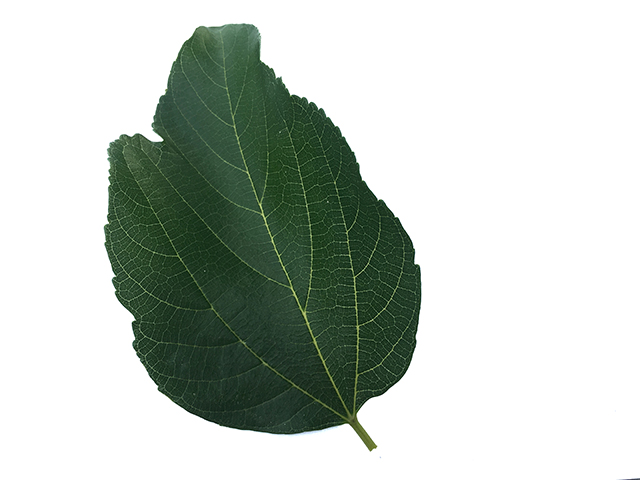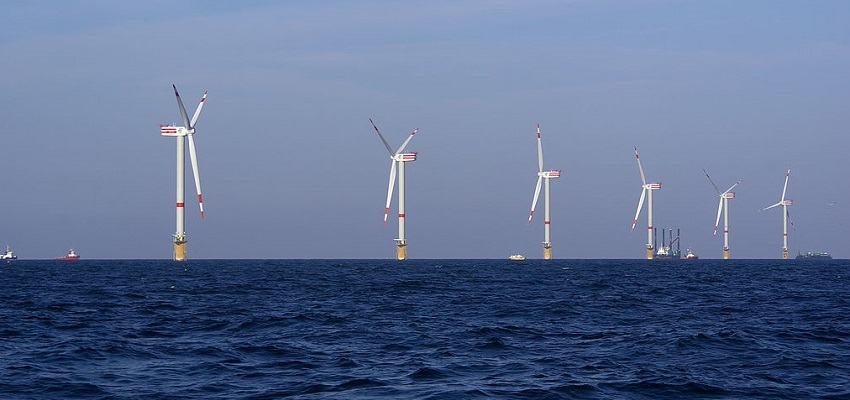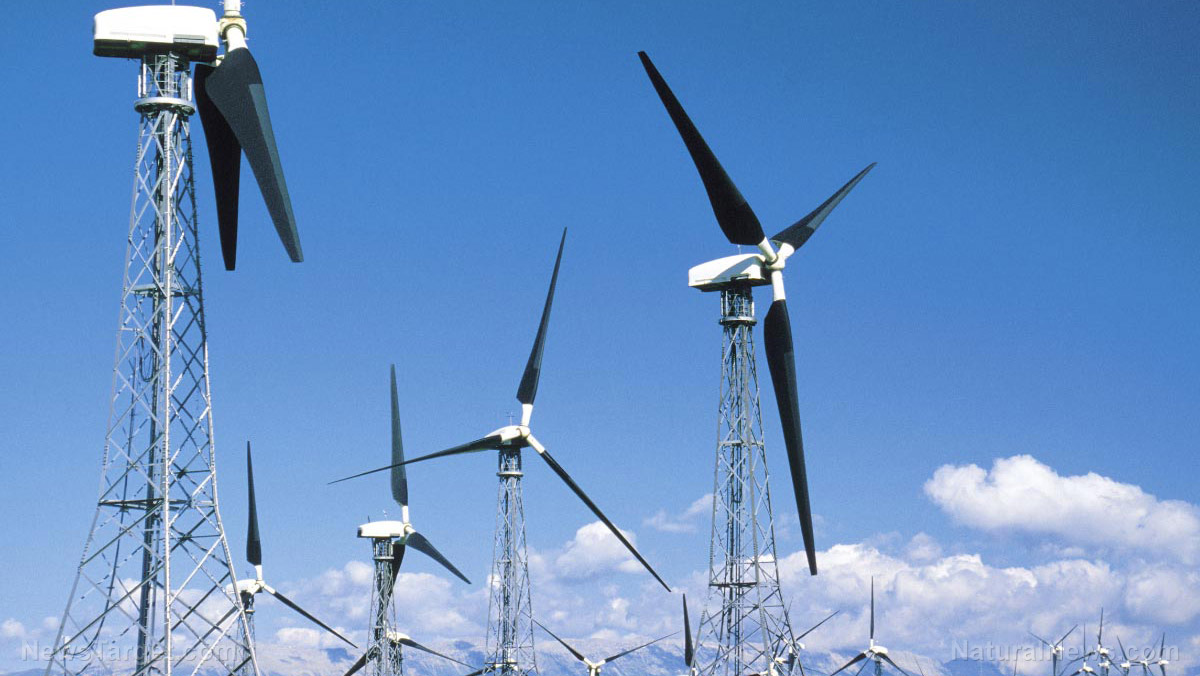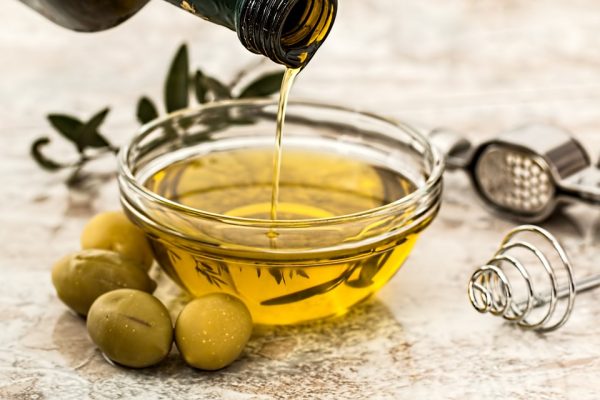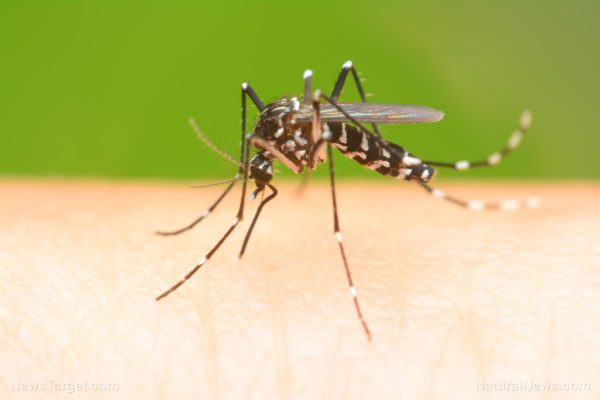Every year, dozens of less-than-reputable companies seek out new ways to capitalize on Americans’ desire to lose weight, and the stakes can be huge: In the U.S. alone, consumers spend about $35 million on weight loss programs and products each year, making it a market ripe for scams.
From “miracle pills” that claim to help you drop 30 pounds in 30 days without dieting or exercise to jewelry that purports to stimulate fat loss simply by wearing it, the weight loss marketplace is full of products that make highly suspicious claims. Some of them are patently outrageous, but others have just enough “smart” marketing to make them seem plausible, making it difficult to know which products may actually be worthwhile and which are no more than placebos.
In recent years, green tea has emerged as a fat-fighting hero, helping people lose weight and keep it off. But where other products’ claims are based on conjecture or hypothesis — or just out-and-out hooey — green tea extract weight loss claims actually have science to back them up. In fact, for well over a decade, researchers have been evaluating the link between weight loss and a chemical in green tea called epigallocatechin-3-gallate, or EGCG, which actually does help promote weight loss. If you’ve ever picked up a bottle of supplements or read a news article about green tea, those initials are probably familiar to you. But just what is ECGC and how does it work to help promote weight loss?
ECGC explained
ECGC is a catechin, a type of antioxidant that is found predominantly in tea, but also in smaller amounts in red wine and chocolate. Most people know that antioxidants can help decrease the harmful effects of oxidative stress, a process associated with premature aging and cell breakdown. But this particular antioxidant does more.
When consumed, ECGC helps promote fat loss by increasing the rate at which the body burns fat — its fat oxidation level. Researchers aren’t completely sure how it does that, but it appears to speed up thermogenesis, a process that uses calories to generate heat. (1)
It also helps prevent the breakdown of a neurotransmitter called norepinephrine, which plays an important role in weight management. (2) Norepinephrine works by signaling the brain that you’re full. When levels are low, the body feels hungry. ECGC helps keep norepinephrine from degrading too quickly, which means you’ll feel fuller longer.
ECGC helps in other ways too. For instance, in one study conducted at Penn State University, researchers found that mice who were given both ECGC and a high-fat diet gained substantially less weight than mice that were fed the same diet but were not given ECGC supplements. (3)
ECGC also appears to prevent fat cells from taking in more fat. (4) That’s important, because after puberty, the number of fat cells we have stays fairly stable; of course, that doesn’t mean we can’t gain weight. But when we do, it’s because our fat cells are expanding to hold more fat. By slowing each cell’s ability to increase its fat stores, weight gain can be controlled.
If you’ve been keeping tack, that’s a four-pronged attack:
- Increasing the rate of fat oxidation and promoting thermogenesis
- Inhibits breakdown of norepinephrine to help control appetite
- Spurs weight loss even without dietary changes
- Prevents fat cells from increasing their fat capacity
What about caffeine?
Of course, because green tea contains caffeine, some have wondered if it’s actually the caffeine that’s causing at least some of these effects and not ECGC at all. Cue research! A study published in the American Journal of Clinical Nutrition compared the effects of ECGC and caffeine in two groups of mice, one that received green tea extract and one that received caffeine. What did they find? The mice that received the extract had significantly greater fat oxidation rates than those that received only caffeine, demonstrating that the fat-oxidative effects of green tea have nothing to do with the tea’s caffeine levels. (6) So, if you don’t like caffeine, you can still enjoy all the benefits that green tea has to offer simply by choosing a decaffeinated supplement.
There are lots of other studies supporting the role of green tea in a weight loss management program, but the primary thing to remember is to select a supplement from a reputable company to ensure that you’re getting what you’re paying for — and to ensure that the benefits are as great as they can be.
Sources:
(1) http://ajcn.nutrition.org
(2) http://www.ncbi.nlm.nih.gov
(3) http://www.eurekalert.org
(4) http://www.ncbi.nlm.nih.gov
(5) http://news.psu.edu
(6) http://ajcn.nutrition.org
http://science.naturalnews.com


